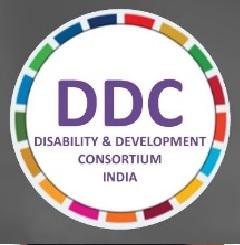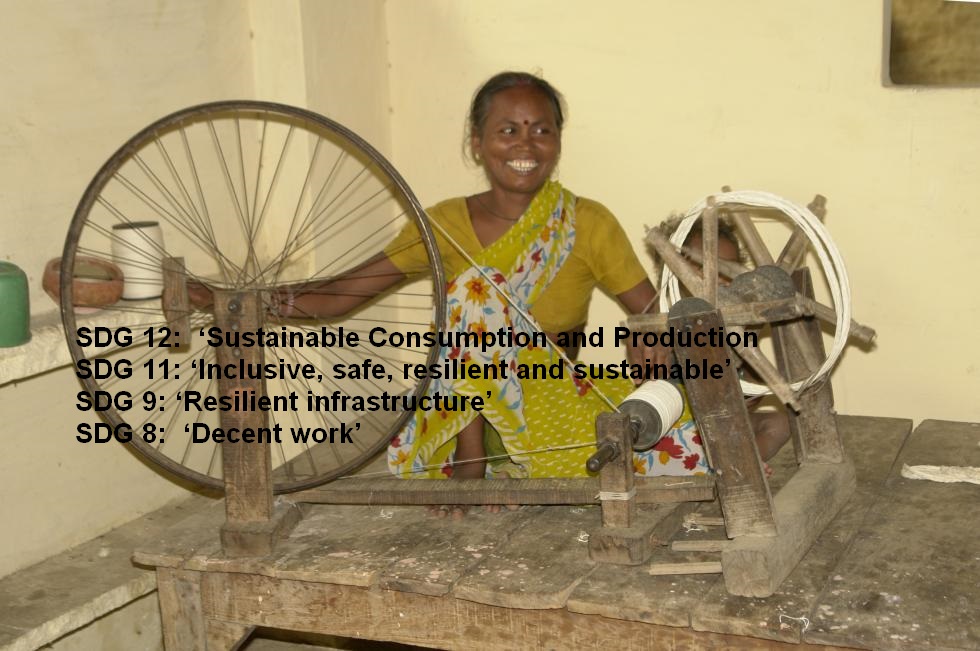WESTERN STRATEGIC THINKERS WHO HAD WARNED OF UKRAINIAN CONFLICT
A Criminal Comedy of Suicidal Errors
WESTERN STRATEGIC THINKERS WHO HAD WARNED OF UKRAINIAN CONFLICT (a compilation by @RnaudBertrand) https://twitter.com/RnaudBertrand/status/1498491107902062592
Poverty, Hunger and Disability: The Missing Link 
Webinar organised by Disability & Development Consortium 9th Feb 2022
Video Report: Each Talk presented seperately
Disability & Development Consortium sets the tone https://youtu.be/_tX4epzOJG4
Moderator: Akhil Paul, Sense International India; Welcome: Ms. Kiran Patidar; Keynote 1: B. Venkatesh; Keynote 2: Arman Ali
Investigating Infrastructure: Ecology, Sustainability and Society
Investigating Infrastructure: Ecology, Sustainability and Society - Webinar https://www.youtube.com/watch?v=fmA1rIFKBGU Heinrich-Böll-Stiftung India Jan 27, 2022 Rajni Bakshi , (Journalist/Writer), Kanchi Kohli, (Senior Researcher @Centre for Policy Research), Dolly Kikon, (Anthropologist @University of Melbourne)
Dossier - Investigating Infrastructure: Ecology, Sustainability and Society, bringing together different approaches and perspectives to infrastructure development in India. https://in.boell.org/en/investigating-infrastructure-ecology-sustainability-and-society
Project potential and sustainability is in question. In the public debate are the extreme and unviable forms of infrastructure financing with a dependence on controversial models such as public-private partnerships. Then, there is a critique of the enormous scale and the extreme ‘kind’ of capitalist production and consumption promoted by ‘big-infra’ as ‘race to the bottom’. The elitist top-down politics in the planning and governance of massive projects has been known to sideline democratic local processes. There is fear of regulatory dismantling and harmonization of policies and of technological ‘lock-ins’. Not in adequate focus, and thus increasingly given short shrift are land, livelihoods, environmental and social impacts. Local concerns over these now plague India’s infrastructure landscape resulting in project disruptions and disputes.
 -
-
For an alternative paradigm of development https://in.boell.org/en/2019/02/25/alternative-paradigm-development By Rajni Bakshi 25 February 2019 In terms of tangible steps forward, perhaps, the most notable one is to make regeneration of local economies the cornerstone of Sarvodaya.
The emerging discourse on ‘Degrowth’ calls for a new framework in which the emphasis shifts from gross domestic product (GDP) to that which generates actual social, material and ecological well-being. It also prioritises the values of sufficiency and subsistence rather than equating development with the fulfilment of endless wants.
Degrowth or re-growth has broadly five dimensions:
Development is equated with actual well-being, not just throughput of materials
Steady-state economics are prioritised, instead of systems in which growth is a survival imperative
The aim is to foster a solidarity economy through sharing and cooperation so that the same resources can serve far more people
Consumption is reconfigured to make more judicious use of resources with social pressure and laws to discourage or prevent business models based on planned obsolescence. Instead products are designed to last and be reused.
Value is redefined so that the value of anything is not just what it is worth to a potential buyer in monetary terms, but rather in terms of the actual well-being it generates immediately as well as in the long term.
Page 35 of 51
